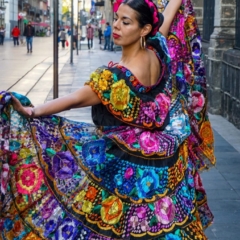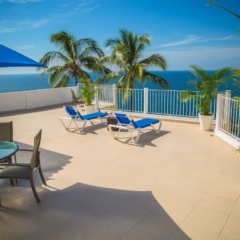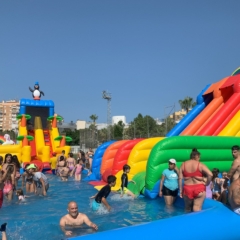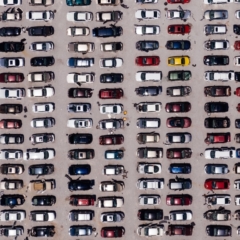Useful tips for when in Spain
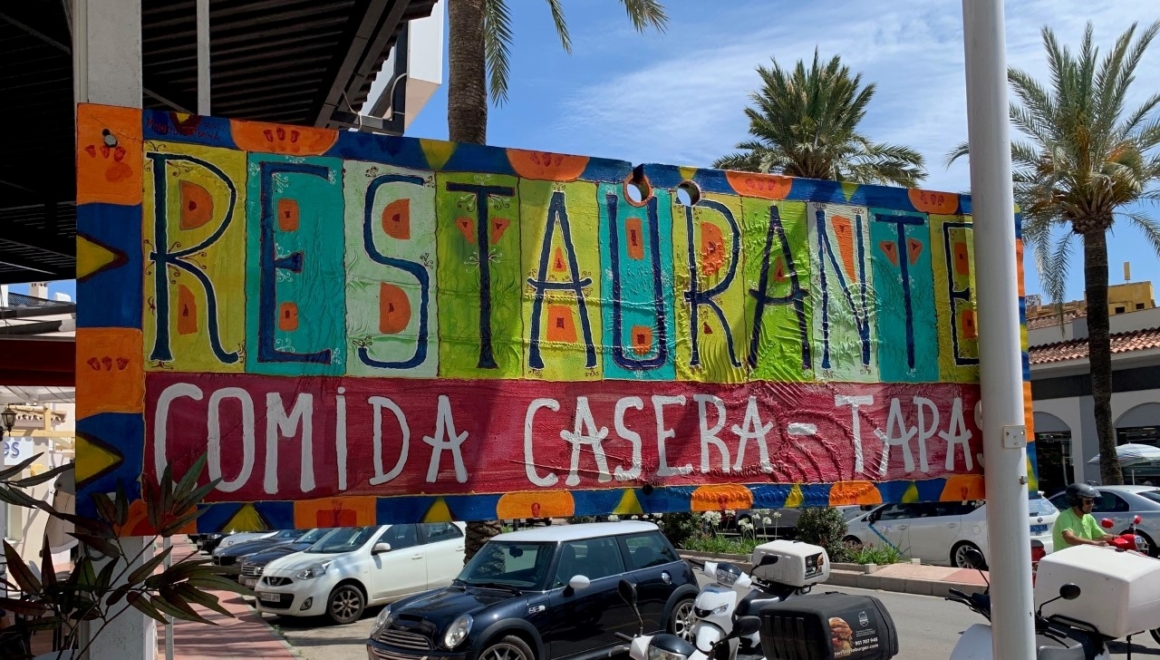
I’ve realized this blog needs a place to share useful tips for when in Spain. The idea is to collect a few good observations of how life works around here. Feel free to add more in the comments!
Emergency
The emergency phone number in Spain (and much of Europe) is 112, equivalent to 911 in the USA.
Summer and winter times in Spain
Summer time begins on the last weekend of March. Precisely at 02:00 am from Sunday, clocks jump straight to 03:00 am.
Winter time starts on the last weekend of October. At 03:00 am from Sunday, clocks go back to 02:00 am.
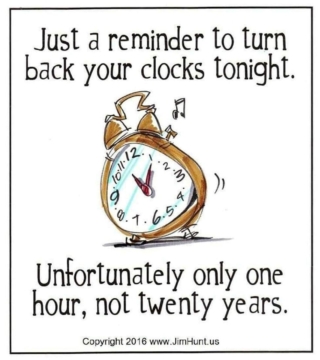
Electricity
The standard voltage in Spain is 220V, the frequency is 50Hz and the power plug sockets are of type F.
Related post:
You’ve got the power – voltage, frequency, plugs and sockets in Spain
Recycling
Residents and tourists are expected to observe the separation of trash according to container color that is followed in Spain:
Yellow container: plastic, tetrapack (cardboard with plastic) and cans.
Blue container: paper and cardboard
Green container: glass
Grey container: everything else.
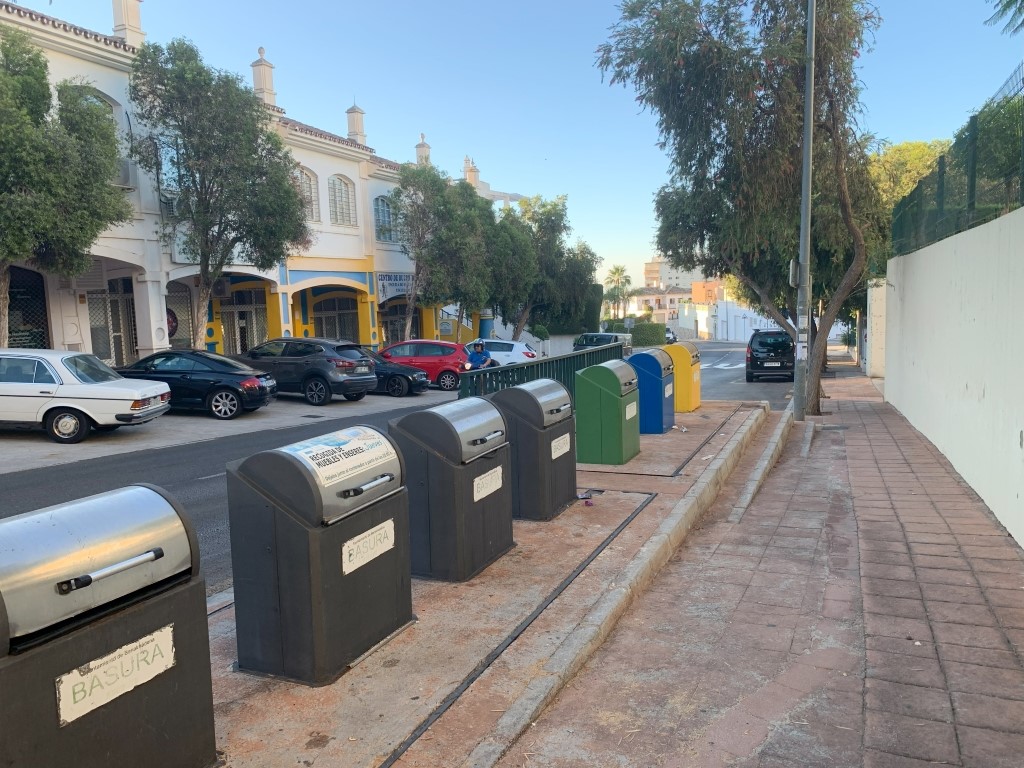
Restaurants hours
It is weird, but plenty of restaurants don’t open for lunch. Well, at least no at a time most non-Spanish consider lunch time. Siesta? Well, maybe, but also, the traditional time for lunch in Spain is at 2:00 p.m. You can expect restaurants to start opening at 2:00 p.m., and some only after 4:00 p.m.
Tipping in Spain
Talking about tips and restaurants… Tipping in Spain is not mandatory. If you feel like leaving some extra your gesture will be appreciated but there is no expectation that you would do so. We tend to tip around 10% in places we like and go often; the staff gets very happy.
Buses and trains
You can find information about bus lines of Malaga province on this site. And you can also download the free app Consorcio Málaga, which has the same information. If you are interested, you can also get the green bus card, that give great discounts on bus fares, and the abono recurrente, that makes trains free (under some conditions) at least till the end of 2024. 😉
Related posts:
Transportation in the Costa del Sol – joyfully riding waves and wheels
Bus and train cards in the Costa del Sol – (almost) all you need to know
Free train tickets in the Costa del Sol – Questions and Answers
Parking
Parking is paid in blue zones (where the parking spots are painted in blue). You can pay for it using the parking meter or with the app Telpark.
Related posts:
Solving parking and parking tickets in the Costa del Sol
Stress-free car rental in Malaga
Supermarkets close on Sundays
Supermarkets tend to be closed on Sundays and on national holidays. Plan ahead and go on Saturday!! The good news is that they don’t close during siesta hours.
Fruits and vegetables of the season
Both pictures below are from Carrefour. They show which fruits and veggies are in season each month (in both Spanish and English!)


Not only we can buy the best fruits and vegetables of the season, we can also improve our vocabulary!
Cinema in English in Spain
If you want to go to the cinema, but would like to ensure you will be seeing a movie in English (or better saying, in the original language of the movie), you should look for the acronym VOSE in the movie information. That stands for Versión Original Subtitulada en Español (original version with Spanish subtitles). If the movie doesn’t inform it is VOSE, it is most likely dubbed in Spanish.
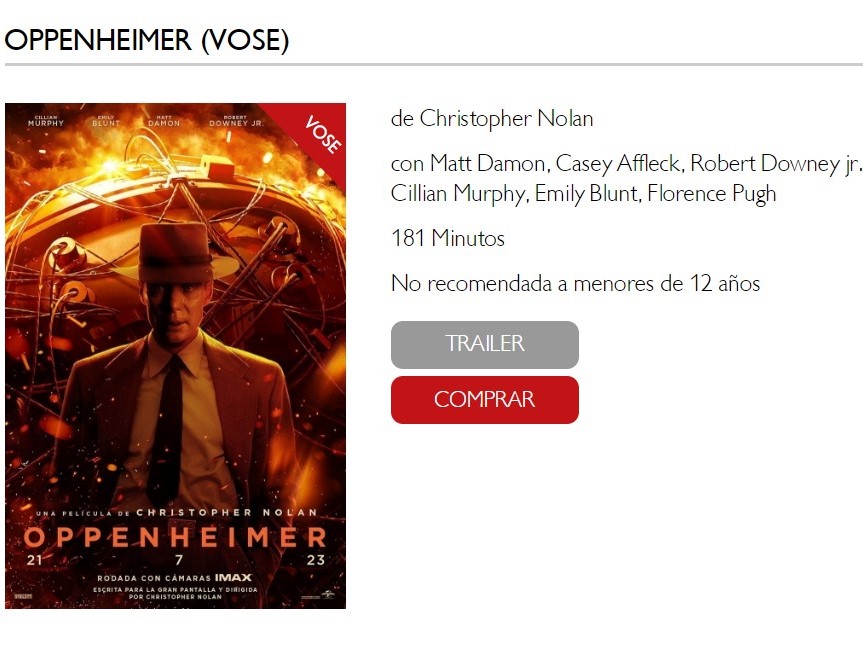
Mass in English
There is Mass in English in Benalmadena, every Sunday at 1:30 pm, at the Inmaculada Conception Church which is in Arroyo de la Miel, next to the train station.
Lines
Any time you enter a place with people scattered around and notice all eyes are on you, you can suspect that there is a queue going on. The Spaniards spot you as a foreigner and immediately suspect you are about to jump the line. They attribute it to a supposed complex of superiority of foreigners; most of them do not suspect that lines are literally lines of people elsewhere.
But not in Spain. The Spanish way to do it consists in asking who is the last – Quién es el último? – to pretty much anyone in the same venue and then it is understood that you are part of the cola (line), and now the last person on said queue.
The next time someone comes in, the process will be repeated, everybody will point at you as the last person, and so on. All you need to know is who is before you; keep an eye on that person and don’t dare moving towards the counter before said individual.
Once it is clear that you understand the method, you can feel a sense of relief coming from all sides, and more, people that were looking at you fiercely are now smiling towards you. The best part is that you can wait your turn anywhere nearby, inside or outside the venue.
I’ve learned this in a paper shop, while I was waiting behind a person in the sun outside the busy shop on a hot day; a nice local explained that I could wait in the shadow. 🙂 I am found of the method now. Why don’t we do like this everywhere?
Buenos Días is a must
As soon as you enter a shop – any shop – you must say buenos días (good morning) if it is before siesta, or buenas tardes (good afternoon) if after. It doesn’t matter if you are there just to escape the heat from outside, or if you actually may buy something, nor if it is crowded – say it anyway, clearly.
Spanish people tend to think you are looking down on them if you don’t greet them. And they make it clear; I’ve heard more than one shopkeeper voicing their discontentment at tourists that failed to say buenos días. It is better to say it in English than not say anything. And never – never! – get straight into business; they care more about greeting than about selling. First you say good morning, then they respond good morning, then you do business. Slow paced. 😉
Coffee in Spain
The ways to serve a coffee varies from place to place arround Spain. Malaga has no less than 9 variations on the matter, depending from the ratio of coffee and milk you prefer. When in doubt, try them all:
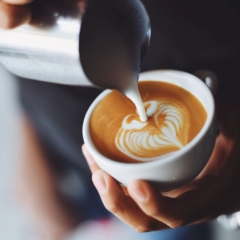
Solo – 100% coffee, 0% milk
Largo – 90% coffee, 10% milk
Semilargo – 80% coffee, 20% milk
Solo corto – 60% coffee, 40% milk
Mitad – 50% coffee, 50% milk
Entrecorto – 40% coffee, 60% milk
Corto – 30% coffee, 70% milk
Sombra – 20% coffee, 80% milk
Nube – 10% coffee, 90% milk
Or graphically:
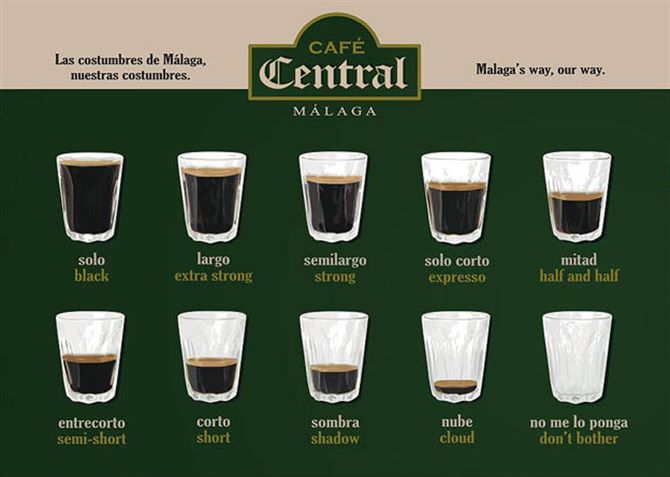
Now, if you want 70% coffee and 30% milk, I guess you’ll have to explain.
A billion / mil millones
The number one billion (1.000.000.000 also known as 109) in Spanish is mil millones (literally, a thousand millions). There is a word billón in Spanish, but it actually means what in English is called a trillion (1.000.000.000.000 also known as 1012). I find it useful to read the news; if you find it useful to read your bank account, please send some. 🙂
